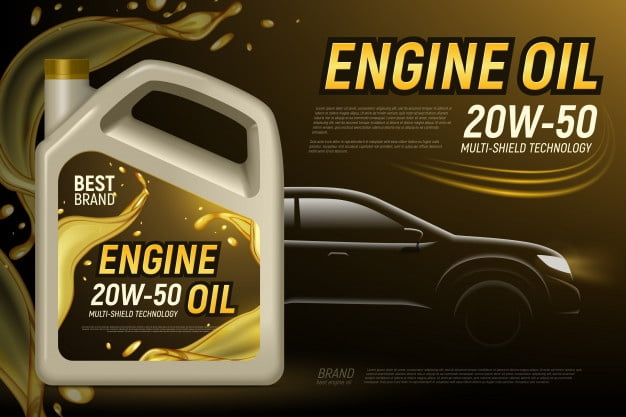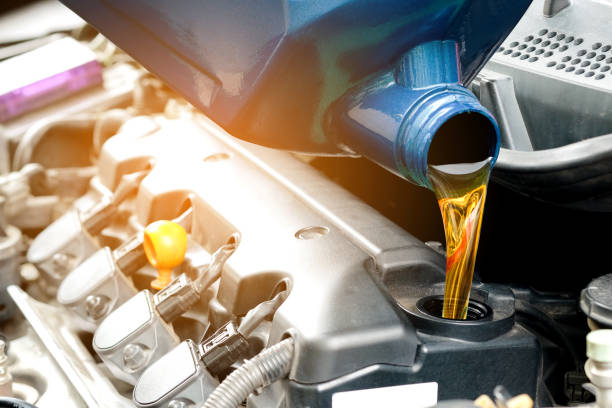This article deals with a very interesting topic of which engine oil (between 0W-20 and 5W-20) is better for a particular type of scenario. Engine oils, as you might already know, are used to provide lubrication to the various engine components. Along with that, it is required to cool the engine by dissipating/absorbing heat, cleanse the dust particles from the engine and ensure high efficiency and mileage of the engine, as a result. You must’ve noticed that every time you go to the workshop to get your car serviced, the engine oil is always replaced. This is because it must always be in great shape to handle the most important aspect of an engine, the efficiency. Every other parameter depends on the efficiency itself. Here are the differences between 0W-20 and 5W-20 engine oils.
Also read: Can I Use Regular Oil After Using Synthetic Engine Oil?

0W-20 vs 5W-20 Engine Oils
The numbers 0 and 20 represent the viscosity grade of the oil. “W” stands for winter which means that the engine oil with the letter “W” on it is ideal for winter conditions. Viscosity, essentially, refers to the thickness of any liquid. Take, for example, water and honey. Water is a thinner liquid in comparison and flows easily. Hence, the viscosity of water is low. Honey is a denser liquid and doesn’t flow easily. The lower the viscosity grade, the thinner the engine oil. Because 0W-20 and 5W-20 represent two viscosity grades for each engine oil, it is referred to as a multi-grade oil.
Also read: Indian Oil Launches XP100 Performance 100 Octane Fuel – What Is Engine Knock?

The first number (0 and 5) of these denotations represents the viscosity grade of the oil when it is cold. The second number (20) represents the viscosity grade when the oil is hot. As is understood, when the vehicle/engine starts, the engine oil and engine components are cold. Hence, it makes sense to have a thinner oil that will circulate easily to enable an efficient start and lubrication to the engine. As the vehicle starts hitting higher speeds everything inside the engine heats up. Hence, it is not difficult to circulate the oil and even a relatively thicker oil can lubricate the engine well. However, you must always use the engine oil mentioned by the carmaker. They have calibrated each engine differently and suggest the ideal engine oil for that engine. So, one must not use any other engine oil because the thickness of engine oil might be different under different operating temperatures which could prove to be damaging for the engine components. We hope that the difference between 0W-20 and 5W-20 engine oils is clear after reading this.
Also read: What Is Hydrogen Combustion Engine – Pros & Cons
Stay tuned to CarBlogIndia for more.


